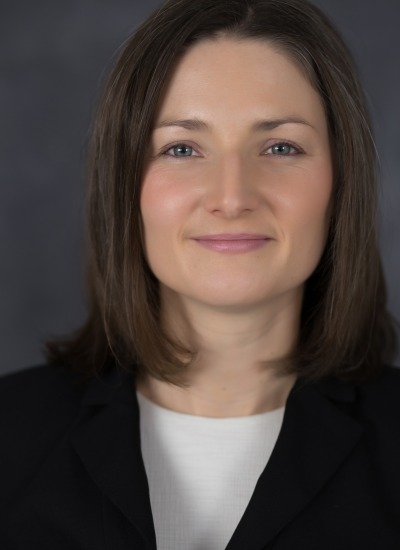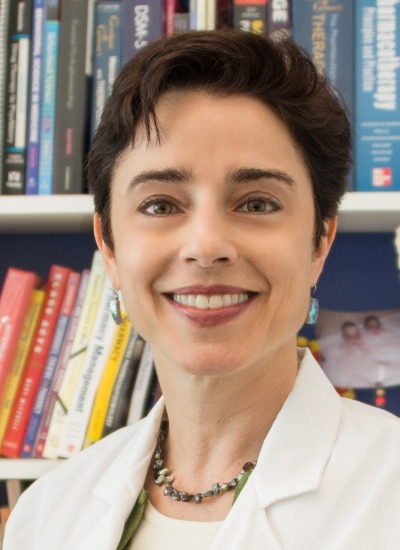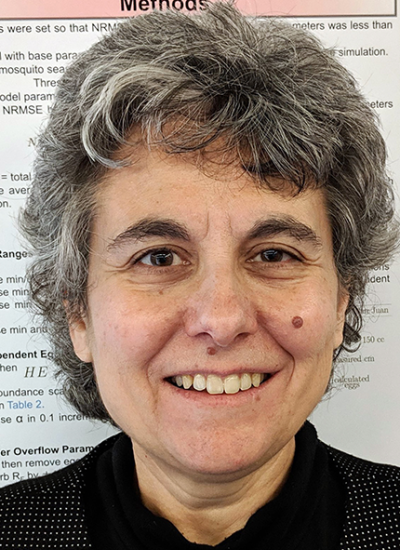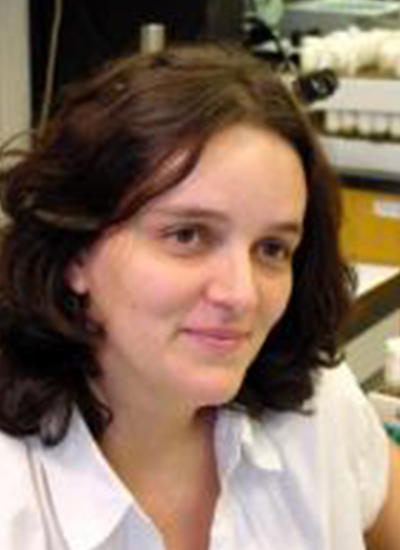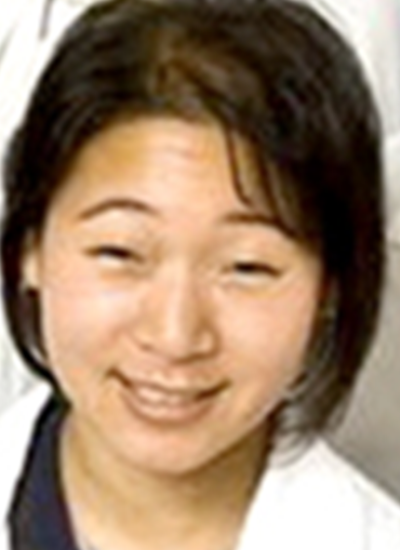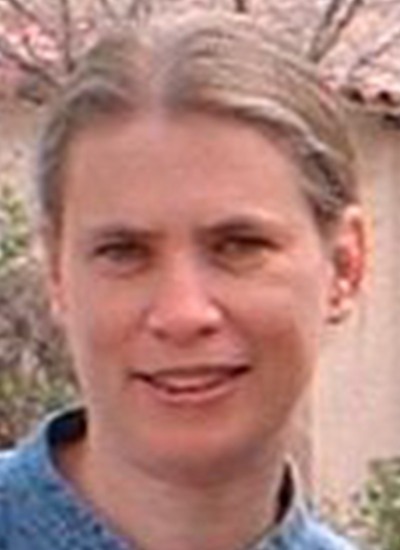Neuroscience
Amelia Gallitano
Work Summary
The Gallitano Lab investigates the molecular mechanisms underlying the dual genetic and environmental risk for neuropsychiatric illnesses such as schizophrenia and mood disorders. We focus on immediate early genes that are activated in the brain by environmental stimuli, including stress, and regulate processes disrupted in mental illnesses. Ongoing studies examine how Egr3 regulates effectors including Arc and the serotonin 2A receptor to influence synaptic plasticity, memory, and behavior.
Research Interest
Joceline C Lega
Work Summary
Dr. Lega's research aims to understand nonlinear phenomena and how they affect physical or biological systems around us. Her work, which is collaborative in nature, combines data-informed mathematical modeling with mathematical analysis of the models and numerical simulations. Her scientific contributions span the areas of nonlinear science, fluid dynamics, nonlinear optics, molecular and cellular biology, neuroscience, geosciences, and more recently, mosquito-borne diseases. Dr. Lega is a Professor of Mathematics, Applied Mathematics (GIDP), and Public Health at the University of Arizona. She is a member of the UA Bio 5 Institute, a Fellow of the Institute of Physics (UK), and a Fellow of the American Association for the Advancement of Science (AAAS).
Research Interest
Ying-Hui Chou
Research Interest
Daniela C Zarnescu
Work Summary
We are working to uncover the molecular mechanisms of aging and neurodegenerative diseases using a combination of genetic, computational and pharmacological tools, and a diverse array of experimental models. We also seek to develop therapies for ALS and related neurodegenerative diseases.
Research Interest
Russell S Witte
Work Summary
We develop cutting-edge imaging technology, integrating light, ultrasound and electricity, to diagnose and treat diseases ranging from epilepsy to breast cancer. Novel sources for ultrasound contrast include optical and microwave absorption, mechanical strain, and electrical current. We visualize electrical brain “stormsˮ during uncontrollable seizures and envision “smartˮ photoacoustic agents that seek-and-destroy deadly tumors.
Research Interest
Theodore P Trouard
Research Interest
Jennifer A Teske
Research Interest
Dianne K Patterson
Work Summary
I analyze MRI images to understand more about how human language works. We use functional MRI to determine which brain regions are involved in different language tasks. We also look at diffusion MRI to learn about the quality of the wiring between regions.
Research Interest
Julie Elizabeth Miller
Work Summary
I am a neuroscientist who studies the impact of aging and neurodegenerative disease on voice and speech. My laboratory seeks a better understanding of the molecules, cells and circuits in the brain that support vocal production.
Research Interest
Pagination
- Page 1
- Next page


